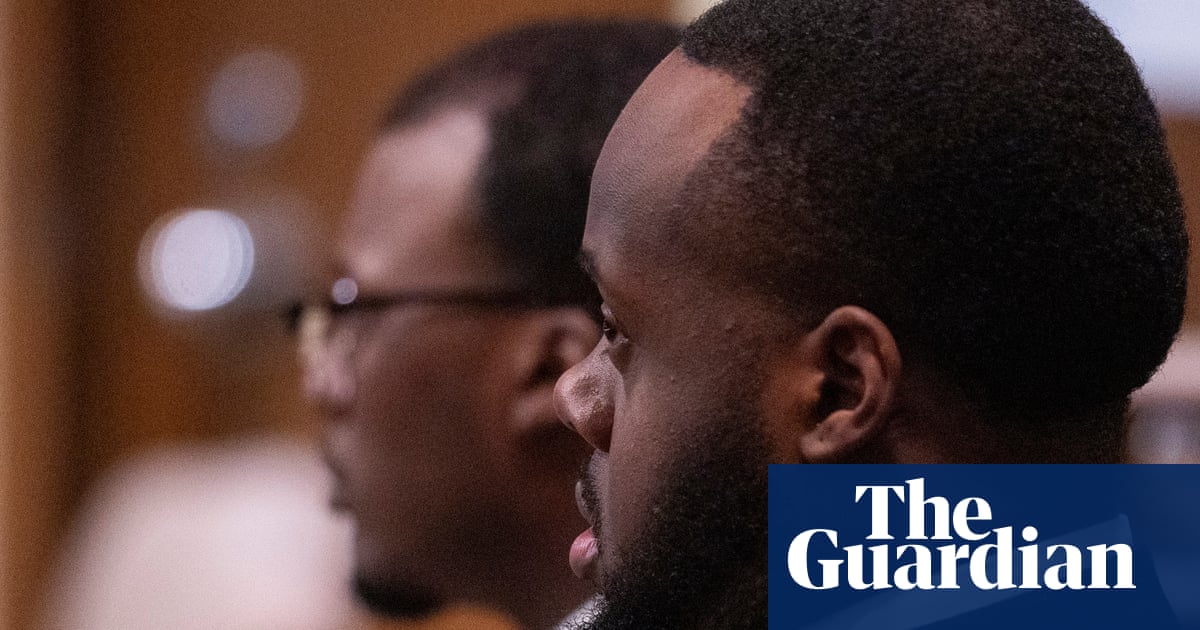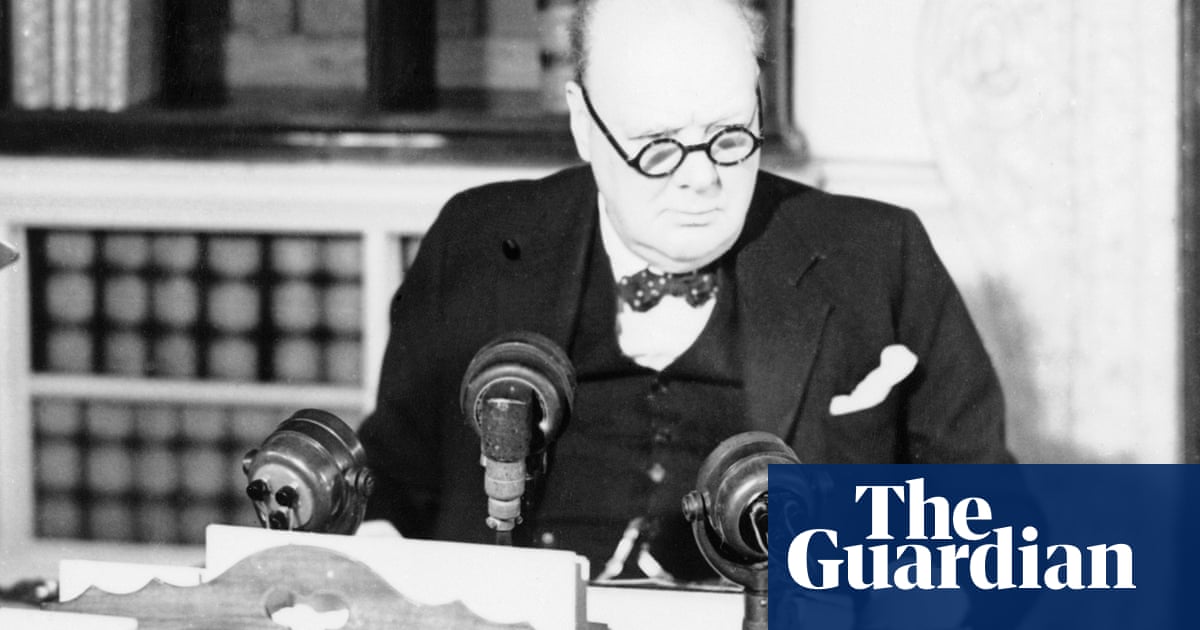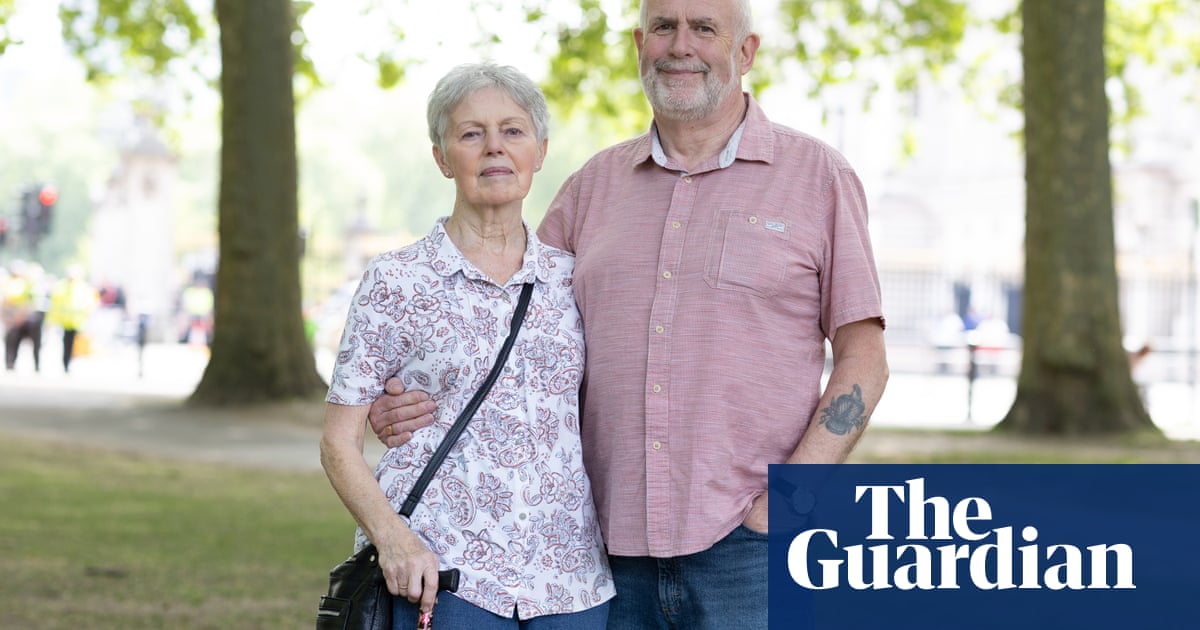A coalition of civil rights groups have launched a weeklong initiative to condemn Donald Trump’s attacks on Black history, including recent executive orders targeting the National Museum of African American History and Culture (NMAAHC) in Washington DC.
The national Freedom to Learn campaign is being led by the African American Policy Forum (AAPF), a social justice thinktank co-founded by the law professor Kimberlé Crenshaw. Crenshaw is a leading expert on critical race theory (CRT), a framework used to analyze racism’s structural impact. She has fought against book bans, restraints on racial history teaching and other anti-DEI efforts since the beginning of the Republican-led campaign against CRT in 2020.
“Our goal this week has been to flood the zone, as we call it, with Black history,” Crenshaw said about the campaign. “We have long understood that the attacks on ideas germinating from racial justice were not about the specific targets of each attack … [but are] an effort to impose a specific narrative about the United States of America, one that marginalizes, and even erases, its more difficult chapters,” she added.
The weeklong campaign will conclude with a demonstration and prayer vigil in front of NMAAHC on 3 May.
Leading up to the protest, AAPF, the NAACP’s Legal Defense Fund and six other advocacy groups signed onto a statement criticizing Trump’s “attempted mass erasure of Black history and culture”, according to a press release published 28 April. In March, Trump ordered an overhaul of the Smithsonian Institution, the world’s largest museum network, in order to demolish what he described as “improper, divisive or anti-American ideology”. He singled out NAAMHC, a museum that has been lauded since its opening in 2016.
The coalition’s affirmation read, in part: “We affirm that Black history is American history, without which we cannot understand our country’s fight for freedom or secure a more democratic future. We must protect our history not just in books, schools, libraries, and universities, but also in museums, memorials, and remembrances that are sites of our national memory.”
“I wasn’t shocked by it,” said Crenshaw of Trump’s executive order against NAAMHC. “I never did think that these attacks on civil rights, on racial equality, would find a natural limit because there is no limit.”
Within this week’s movement, AAPF has led sessions to educate people on Trump’s dismantling of diversity, equity and inclusion efforts, an element of the broader campaign. About 1,500 people attended a virtual event titled Under the Black Light: Beyond the First 100 Days: Centering Racial Justice and Black History in Our Fight for Democracy. There, panelists, including civil rights leaders and academics, discussed how attendees could organize against Trump’s mounting censorship of history. Coffee meetups and a sign-making session were organized as additional parts of the campaign, providing further conversations between participants and academics about how Trump’s initial executive orders connect to a larger thread of eroding racial justice.
The group has also launched a “Black history challenge” where participants are encouraged to find a historical site or artifact and “put it into memory”, or recognize it, “as part of Black history’s role in American history”. As a part of the challenge, Crenshaw posted a video on social media of Bruce’s Beach, in Manhattan Beach, California. There, in 1912, a Black couple purchased oceanfront property and built a resort for Black people. The property was later seized by the city under the auspices of eminent domain. “It’s important to tell these stories so people understand that it’s not a natural reality that many Black folks don’t have beachfront property or that we don’t have transnational hotel chains owned by Black people,” said Crenshaw. “These things are actually created by the weaponization of law to impose white, exclusive rights and privileges.”
The weeklong campaign comes as the Trump administration has attempted to eliminate diversity, equity and inclusion (DEI) efforts at all levels of local and federal government since the start of his second term. Trump has threatened to withhold federal funding from any public schools that do not end their DEI programming. He later signed executive orders to crack down on diversity efforts at colleges and universities.
after newsletter promotion
Crenshaw added: “If you want to sustain this idea of making America great again, then you’ve got to erase the ways that it wasn’t great all along. We’ve always understood that what the end game was, was the elimination of any recognition that our country has had and still has challenges with respect to racial and other forms of justice.”
In response, advocacy groups have come together to channel their outrage into the collective action of the campaign and protest. “We want to be sure that we can preserve, beyond artifacts, the true experiences of those that have [undergone] the oppressive past of African Americans, and how that experience of resilience is important today,” said Reverend Shavon Arline-Bradley, president of the National Council of Negro Women (NCNW).
A partnership, especially given the importance of the NMAAHC, felt like the most significant way forward, said Arline-Bradley. “This really is a collective, multiracial, multicultural, multi experience, coalition that is saying no. When you take away our history, when you take away African American history, then you really are trying to take away culture.”

.png) 14 hours ago
4
14 hours ago
4













































